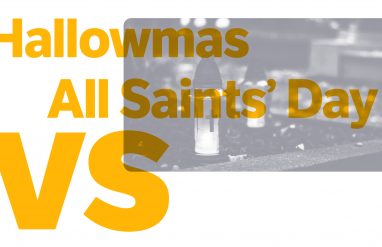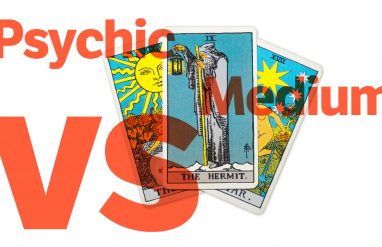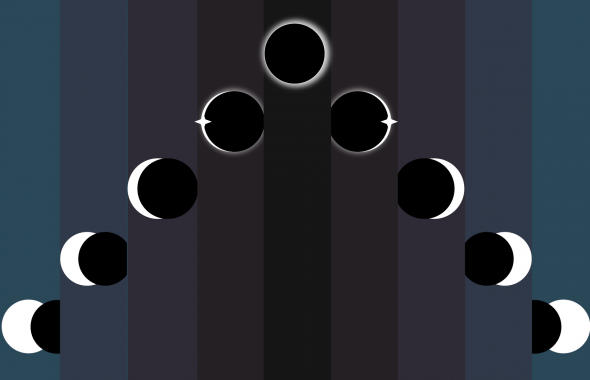🛳️ Quick summary
Port and starboard refer to directions on nautical vessels and aircraft. When facing the front of the vehicle, port refers to the left side, and starboard refers to the right side.
Ahoy, matey! Because they don’t want to walk the plank, sailors use the words port and starboard to make sure they know which direction the captain is talking about. However, it’s easy for landlubbers to get turned around by these words.
In this article, we will define the words port and starboard as they are used in the context of nautical vessels and aircraft, explain why they are used, and give a quick tip on how to remember which word is which.
port vs. starboard
Port and starboard are terms used on nautical vessels and aircraft to refer to directions. When facing the front of the vessel, port refers to the left side, and starboard refers to the right side.
Sailors use port and starboard rather than left and right to avoid confusion. People riding cars, trains, and buses usually all face toward the front of the vehicle, so they all have the same “left” and “right.” However, a sailor on a boat can face in any direction, so “left” and “right” will mean something different, depending on where the sailor is. The left and right sides of the boat itself don’t change, though, so port and starboard will refer to the same direction, no matter which direction you’re facing on a boat. The nautical terms bow and fore (front) and stern and aft (back) are used for the same reasons.
To keep port and starboard straight, remember that sailors use stars to point them in the right direction after they have left port.
A common myth says that the word posh originated as an acronym of “port out, starboard home,” referring to the traveling habits of the wealthy. As fun as that story is, the evidence doesn’t support it.














